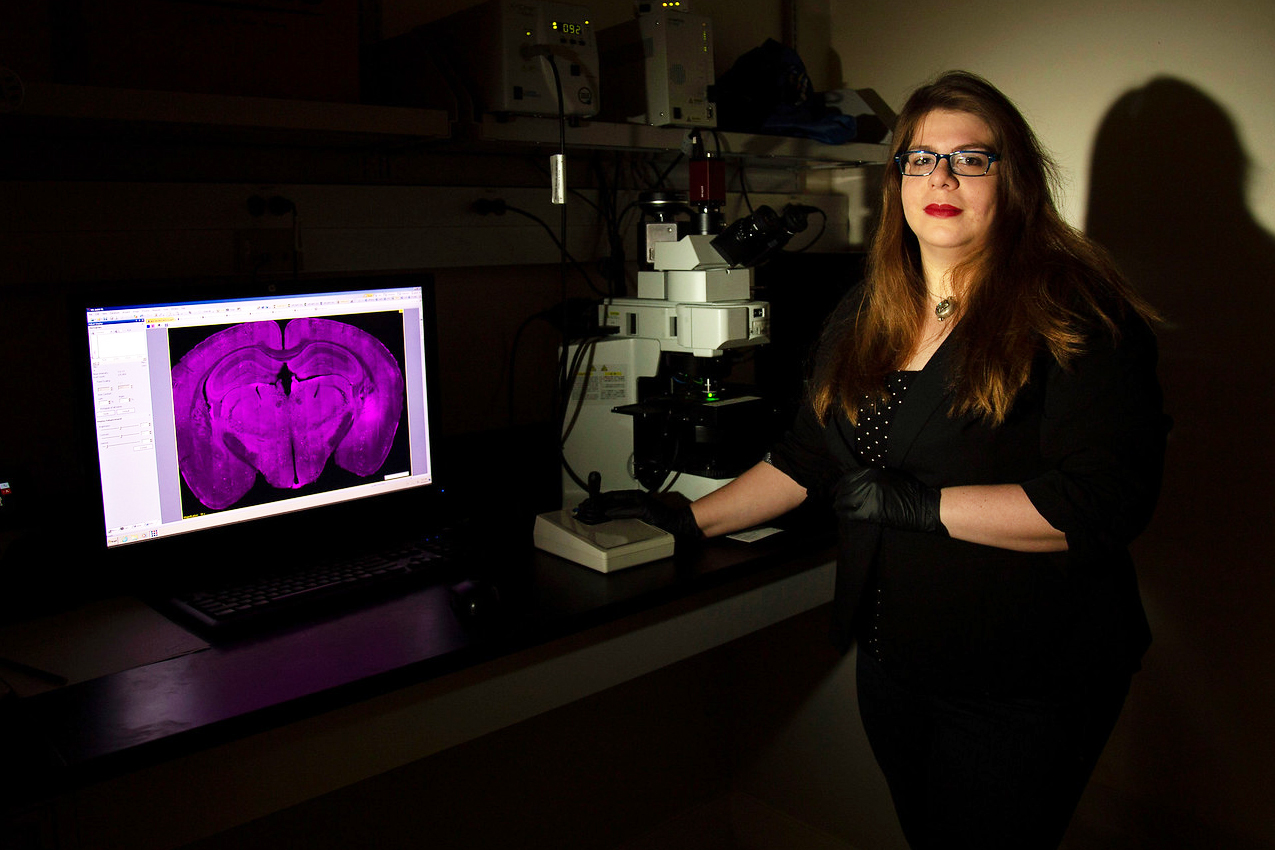Deadlines
Departmental Admission and Assistantship Consideration
- Fall: December 15
Required Application Materials
- Transcripts from all schools attended
- Three letters of recommendation
- GRE general test (GRE not required but may be considered.)
- Statement of goals
Available information for International Applicants.
Special Notes
This program offers an internship, field experience, study abroad component, or clinical experience in the course listing as an option to fulfill course requirements. Students who have previously been convicted of a felony are advised that their prior criminal history may impede their ability to complete the requirements of certain academic programs and/or to meet licensure requirements for certain professions. If applicants have concerns about this matter please contact the Dean’s Office of the intended academic program.





